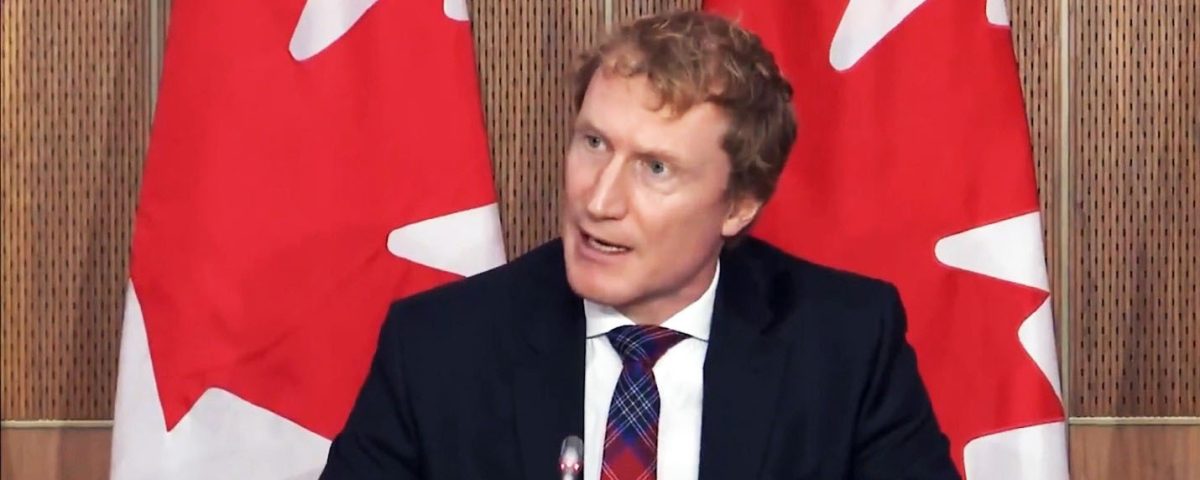TORONTO, (Reuters) – The Canadian government should have acted sooner to stem the flow of temporary migration into the country, Immigration Minister Marc Miller told Reuters yesterday.
This week Prime Minister Justin Trudeau’s government, facing low approval ratings and anger over a housing shortage and high cost of living, announced it is reducing both permanent and temporary immigration and shrinking Canada’s population slightly for two years.
The flow of migration became “aggressive,” Miller said. “It’s safe to say that we own a part of that. It’s also safe to say, particularly on the inflow of temporary residents, that we perhaps should have acted a little sooner.”
Miller said he is conscious of the role he and government can play in the perception, reflected in polls, that Canada has too many immigrants.
“We have to be very careful in where we ascribe the challenge, the correlation, the causation. We don’t want this dialogue to become weaponized,” he said.
Under the plan, Canada expects more than 1 million people in the country on a temporary basis to leave of their own accord in coming years as their visas expire.
Canada will deport people who do not leave, Miller said.
“Temporary means temporary and permanent means permanent,” he said. Canada said in 2021 it would provide immigration status to undocumented people, then walked back that promise, with Miller telling Reuters in August he would not pursue a broad program.
Miller said on Friday he still thinks it is important. He is pursuing a much narrower, sector-specific program. Canada’s immigration levels plan designates 50 spots next year for such a program, although he said it is still being developed.
“There’s a huge economic argument, a humanitarian argument for making that right,” he said.
Canada has been approving fewer visas and turning back some visa-holders, Reuters has found.





